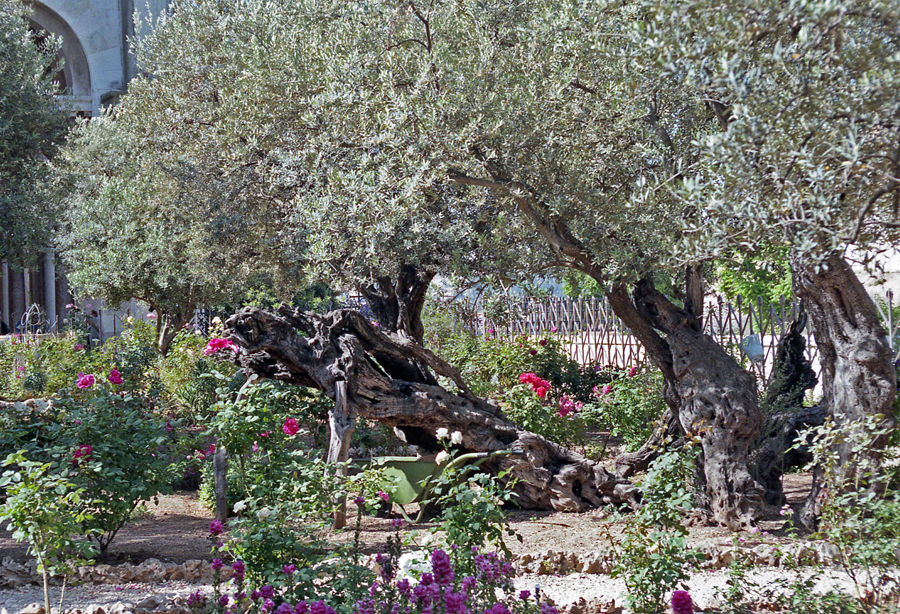Tenebrae: The Service of Shadows
Maundy Thursday. A difficult night. A difficult service. We love to rejoice with the risen Christ, but it is far harder to suffer with the betrayed and bleeding man on the cross. As the readings for the service of Tenebrae move from betrayal and desertion to mockery and death, the candles in the sanctuary are put out one by one. As we hear the story in scripture, the shadows of our own sin and guilt grow deeper, closing in around us.
The darkness presses in on me. If I had been there that long night and the dark day that followed, which role would have been mine? Would I have taken an active part, calling out accusations before Caiaphas? Would I have been convinced that this man was a disrupter, a threat to my faith, a creator of disorder who had to be destroyed in the name of God?
Might I have been a Roman skeptic, amused at the foolishness of these Eastern fanatics who thought a poor itinerant preacher a serious threat? Or would I have played the part of the military bullies who jammed the crown of thorns on his head and struck him repeatedly in the face, not caring who or what he was, only knowing that this was a chance for a bit of fun?
Might I have been one of those who had heard Jesus teach, seen him heal, who had believed that he was indeed the Messiah? Would I have watched from a little distance, my faith in the Lord who had entered the city in triumph only a few days earlier violently shaken by the sight of the blood on his face? Would my voice have been the voice of Peter, denying that I even knew him?
Jesus was not, after all, the clear sign that had been expected. The Jews looked for a military leader who would free them from the yoke of the Romans. They expected ritual purity and unmistakable glory. Instead, Jesus had eaten with sinners, entered the city on a donkey, and washed his disciples’ feet. The Romans were expecting the sort of armed revolt they were so good at crushing, not a king who claimed his kingdom was not of this earth. When the sign came, it was undecipherable – not because the sign wasn’t meaningful, but because the people who saw it were blinded by their own expectations. The dying Christ and the empty tomb were mysteries too deep for human reason.
The shadows close in. All I can do is weep for my sins, my doubts, my blindness, and for the infinite suffering endured for us. Endured so that we might glimpse our own brokenness. Endured so that we might know the infinite love that made us and pray for the marvelous, undeserved, overwhelming light of Easter morning.
(Note: This was first posted two years ago.)
